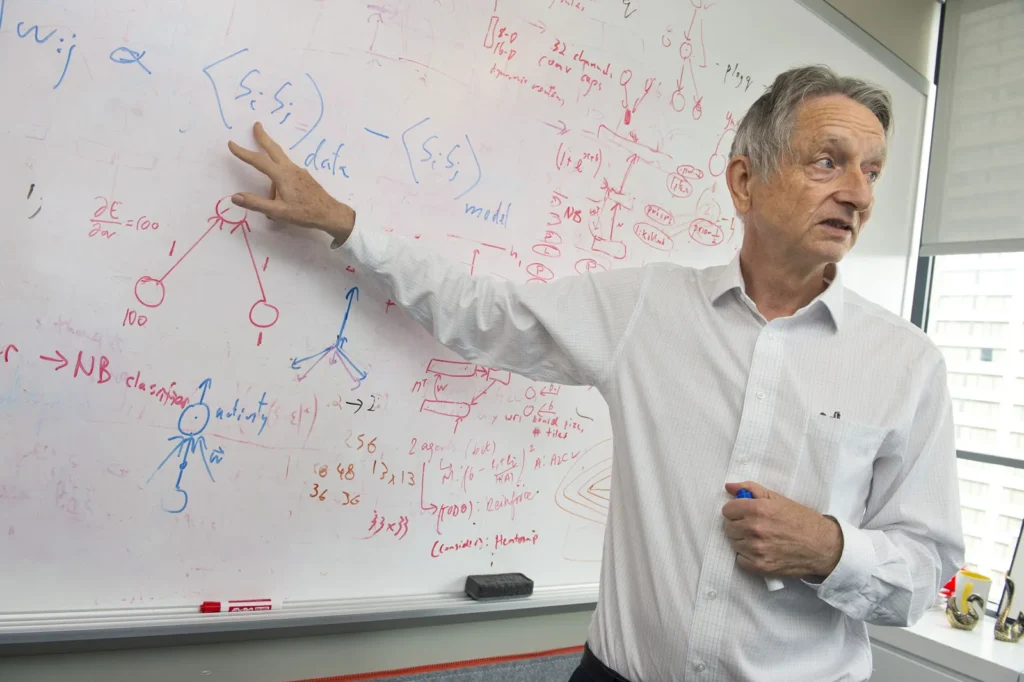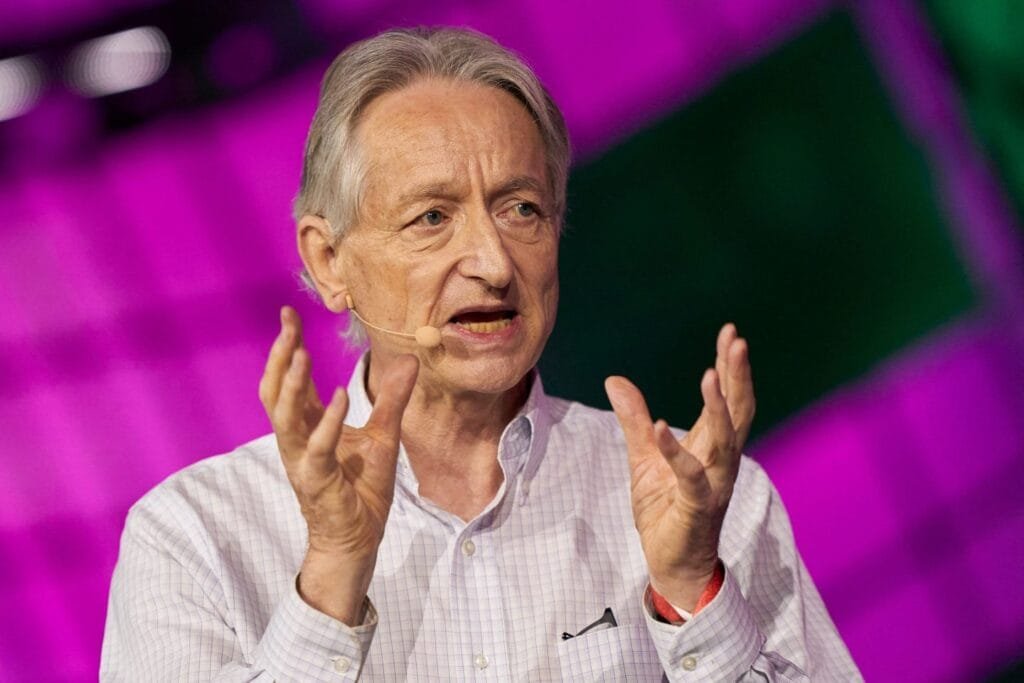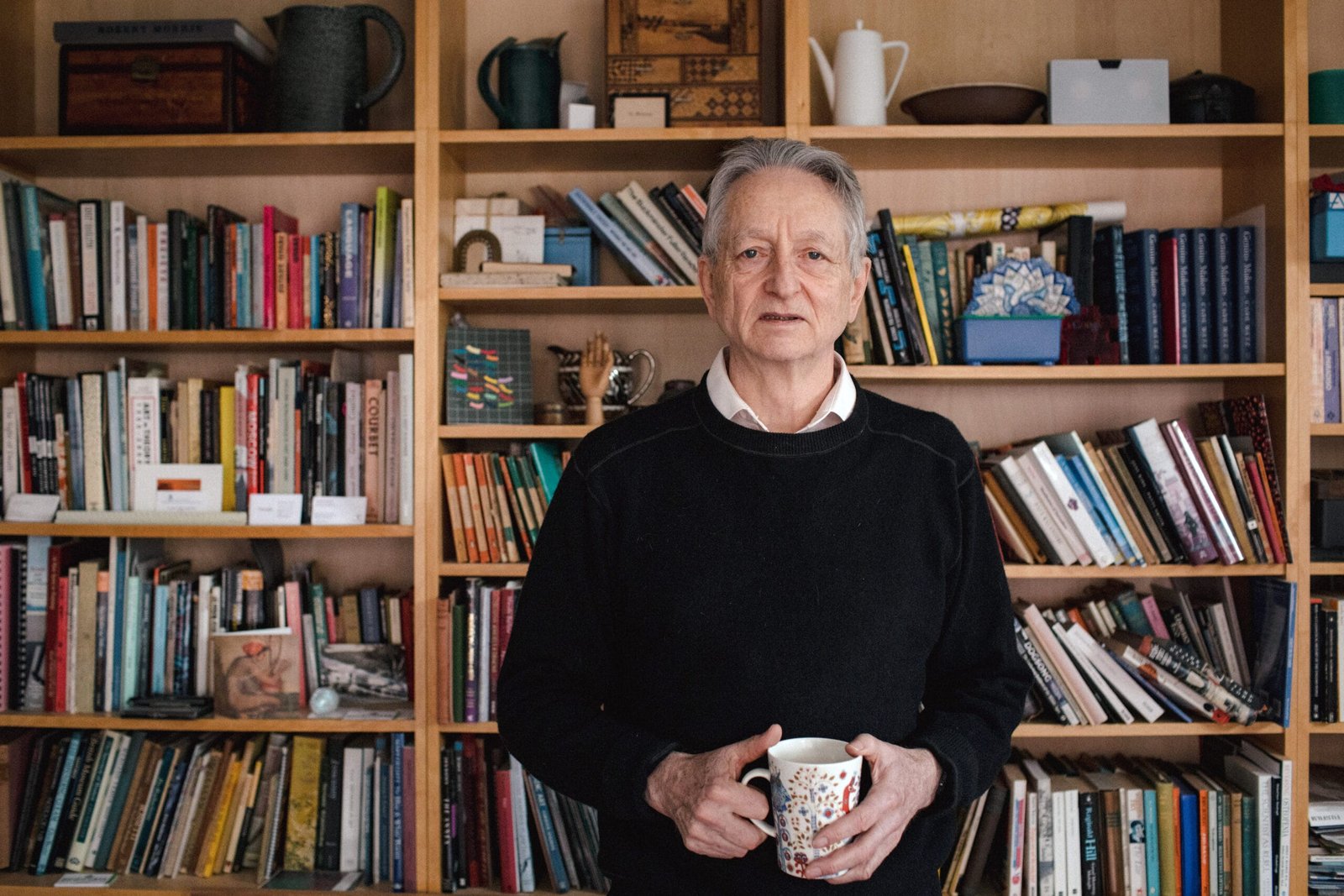Key Highlights
Geoffrey Hinton, widely recognized as one of the pioneers of artificial intelligence, has been awarded the Nobel Prize in Physics 2024, alongside John Hopfield. The duo has been honored for their foundational work that laid the groundwork for modern machine learning and neural networks, a breakthrough that has transformed the field of AI and has far-reaching implications in technology and science.
The Breakthrough Contributions of Geoffrey Hinton
Geoffrey Hinton, often referred to as the “Godfather of AI,” is known for his significant contributions to artificial neural networks. His work with neural networks has been instrumental in developing models that can learn from data in a manner similar to the human brain. Hinton’s most notable achievement is the development of the Boltzmann machine, a type of neural network that uses principles from statistical physics to recognize patterns in data. This invention has been pivotal in enabling modern applications of AI, such as image and speech recognition.
Hinton’s research has helped machines to understand and categorize complex data, leading to the advancements we see today in AI-driven technologies, from virtual assistants like Siri and Alexa to the sophisticated algorithms behind autonomous driving. His insights into backpropagation, a key method for training deep neural networks, have propelled AI research into new territories.
John Hopfield’s Pioneering Work
Sharing the 2024 Nobel Prize with Hinton, John Hopfield is celebrated for creating the Hopfield network, a type of associative memory that mimics how human brains store and recall information. This network, which operates using principles of energy minimization, can retrieve complete patterns from incomplete inputs—much like a person recognizing a familiar face from a blurry photograph. Hopfield’s innovative approach allowed the AI community to better understand how neural networks could be structured to function like the human brain.

The Hopfield network has laid the groundwork for understanding how neural systems can be trained, inspiring the creation of more advanced models like Hinton’s Boltzmann machine. Together, their research has enabled the development of AI systems that can learn from experience, adapt to new data, and improve over time.
Why the Nobel Prize in Physics?
Although the Nobel Prize in Physics is traditionally associated with discoveries in the realms of energy, particles, and the universe, this year’s award to Hinton and Hopfield highlights the deep connection between physics and AI. Both researchers have utilized concepts from statistical mechanics—a branch of physics concerned with large-scale systems composed of many interacting particles—to develop methods that are crucial to machine learning. Their work demonstrates how physics can inform the development of computational models that mimic complex biological systems like the human brain.
Impact on the AI Landscape
The recognition of Hinton and Hopfield’s work by the Nobel Committee underscores the profound impact that AI research has had on our world. Their contributions have helped make machine learning a critical tool across various industries, including healthcare, automotive, finance, and entertainment. From medical diagnostics using AI to autonomous vehicles that rely on real-time data processing, their breakthroughs are the backbone of many modern technological advancements.

In recent years, AI has become a subject of global interest and scrutiny, with discussions about its ethical implications and the risks of its uncontrolled deployment. Hinton, despite his pioneering role, has been a vocal advocate for ensuring that AI is developed responsibly, warning of the potential dangers of AI systems that surpass human intelligence. This balanced perspective, alongside his technical contributions, has made him a respected figure not only in scientific circles but also in public discourse on AI ethics.
Future Prospects and Continuing Legacy
The Nobel Prize win for Geoffrey Hinton and John Hopfield is expected to further accelerate research in AI and related fields. The $1 million prize, shared between the laureates, is likely to support ongoing research efforts in artificial intelligence and deepen the integration of AI technologies into mainstream applications.
As Hinton and Hopfield continue to inspire a new generation of AI researchers, their legacy will remain a guiding light in the quest for creating intelligent systems that can replicate, and perhaps someday surpass, human cognitive abilities. The Nobel recognition marks not just a celebration of past achievements but a testament to the limitless possibilities that lie ahead in the field of AI.
For Latest News Updates Click Here.
